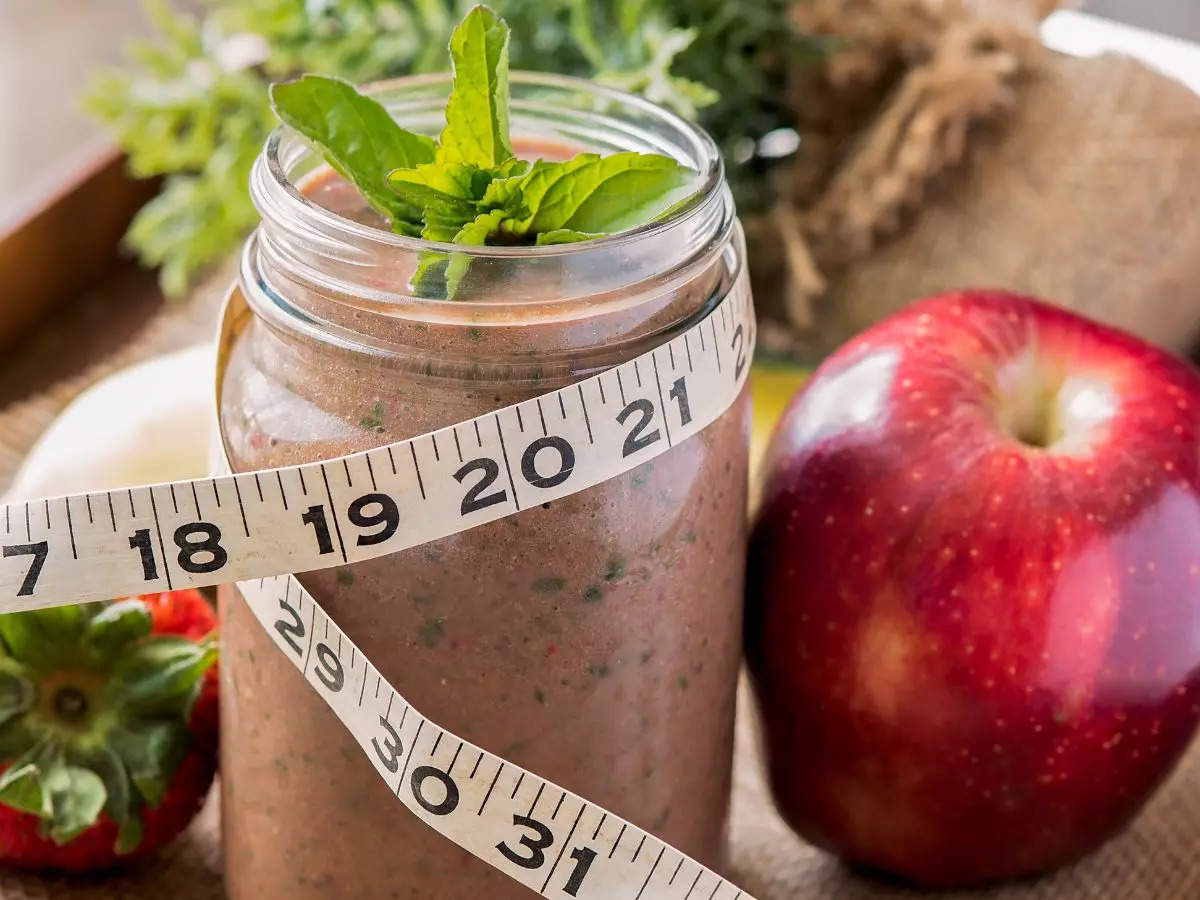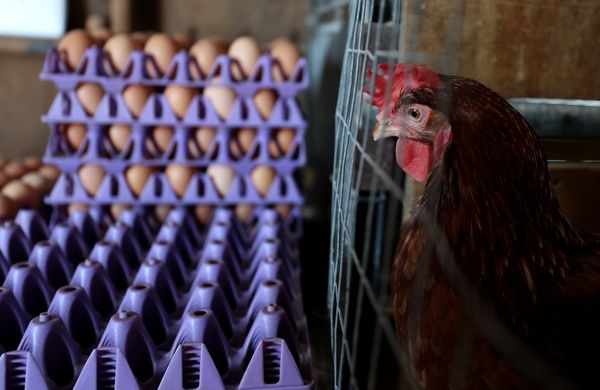
If convenience is what you're seeking in your fitness journey, then meal replacement shakes may just be the right thing for you. They are said to be easy nutrition, lower in calories and weight loss-friendly, which is why many have taken to this diet in the recent past. But are they healthy and safe?
Dr. Archana Batra, Nutritionist, Certified Diabetes Educator & Physiotherapist says, "Meal replacement shakes are intended to substitute for breakfast, lunch, or dinner. They are a popular way to lose weight and are high in protein, which can help you feel fuller for longer periods of time."
However, as far as health and safety is concerned, she warns against relying solely on such meal replacements, as it can lead to nutritional deficiencies.
"Meal replacement shakes are mostly protein and fibre, with a small amount of vitamins, minerals, carbs, and fats. Different meal replacement products have different ingredients and nutrients because not all meal replacements are created equally. This is why you should choose the meal replacement supplement you want to use very carefully by reading the ingredients list and doing some preliminary research," she suggests.
Sharing her views on the same, Dr Anjali Hooda, Obesity, Advanced Metabolic & Functional Medicine Specialist, says, "Meal replacement shakes are safe and healthy, especially for medical reasons. These are called medical foods that can actually sometimes help people lose weight by replacing a meal because sometimes people can't choose how to eat, what to eat. When people are very overweight, we use these specifically designed meal replacement shakes. It is not like you can have anything. They're specifically designed for replacing a meal because they have enough protein and calories so that the patient feels full and satiated."
Author, Columnist and Nutritionist Kavita Devgan is however not in favour of them at all. "I don't advocate for them [meal replacement shakes]. Because the point is, I personally believe that we must eat food in as natural a form as possible. This is why I am not a huge fan of supplements also. So by the same principle, I would much rather you have the food the way it is, but just have it in moderation," she shares.
She further explains, "You cannot replicate natural food. So obviously it is not going to be as good for you as a natural food would be. For example, if we're talking about say an orange, we keep talking about the vitamin C content in it and how good that is for us. But that's probably one nutrient that nutrition science has discovered till now. It's a very new science. We haven't even scratched the surface of what these foods do for us. So meal replacement is obviously based on whatever we know about nutrition till now. So it is obviously not on par with natural foods and will never be."
Can meal replacement shakes aid in weight loss?
According to Devgan, meal replacements usually work in the hospital, clinical settings. "That is how it started before it came to the mass market," she says.
For a person, who is supposed to go for a surgery, but has to lose a certain amount of weight before that life-saving surgery, meal replacement shakes could be an effective solution. However, if a person is just looking to cut calories and lose weight, it may not be 'very successful in the long run', as per the nutritionist.
Dr Batra is of the same opinion and says, "Shakes that serve as meal replacements can aid in weight loss in the short term, but they are not a sustainable solution. Long-term weight maintenance requires commitment, calorie restriction, and exercise."
Is meal replacement a long term solution?
While Dr Hooda believes that meal replacement shakes can lead to quick weight loss, according to her, it is not a long term solution.
"These types of diets are called VLCD (very low calorie diets) and they're used for specific people, for therapeutic reasons. They're not used for somebody who needs to lose 5 kgs. They're very very specific for medical reasons," she elaborates.
In addition, Dr Devgan highlights the side effects of resorting to meal replacement shakes in the long run. She says:
1. You do not learn how to control your portions/calories through natural foods, which is what you're going to eat all your life.
Furthermore, one of the most significant drawbacks of meal replacement shakes is that they typically lack fiber, which can have a negative impact on your gut health, says Dr. Batra.
"Although some companies make an effort to provide high-quality meal replacement shakes, it's important to remember that such beverages are not a long-term weight loss solution and cannot change your eating habits." she adds.
The downsides of restrictive diets
Many restrictive diets have gained a lot of momentum in the recent past, including meal replacement shakes. However, experts believe these are not a long term solution because of several reasons.
Dr. Jyoti Arya, Dietician at Manipal Hospitals, Baner says, “Meal replacement shakes are safe because they are composed of healthy ingredients, but although they contain some essential nutrients, they do not have all the nutrients the body requires such as enzymes and antioxidants. It does not fulfill the amount of nutrients that our body needs because every individual person has different requirements and these meal rep. shakes are loaded with protein and less calories, so it doesn’t achieve daily calories requirement."
"Consuming such restrictive diets for an extended period of time may deprive your body of essential nutrients, antioxidants, enzymes, and plant-based compounds, causing more harm than good to your body and weight," says Dr Batra.
Not just that, it may also give light to 'binge-eating behaviours', says Dr. Hooda.
"I have seen a lot of binge-eating behaviour in people on extremely restrictive diets. It is very very common. That is why moderation is key here."
'Food is a priority'
Nutritionist Kavita Devgan says, "However busy you might be, food is a priority. What you're eating is needed to sustain you. You have to give it that respect. You can't just keep food as an offhand ki jab time milega to khayenge aur jab no time to wo khayenge. If you keep that attitude towards food then your health will take on that attitude ki dekha jayega... You get one body and food is your tool to keep it happy. There are no two ways about it."







